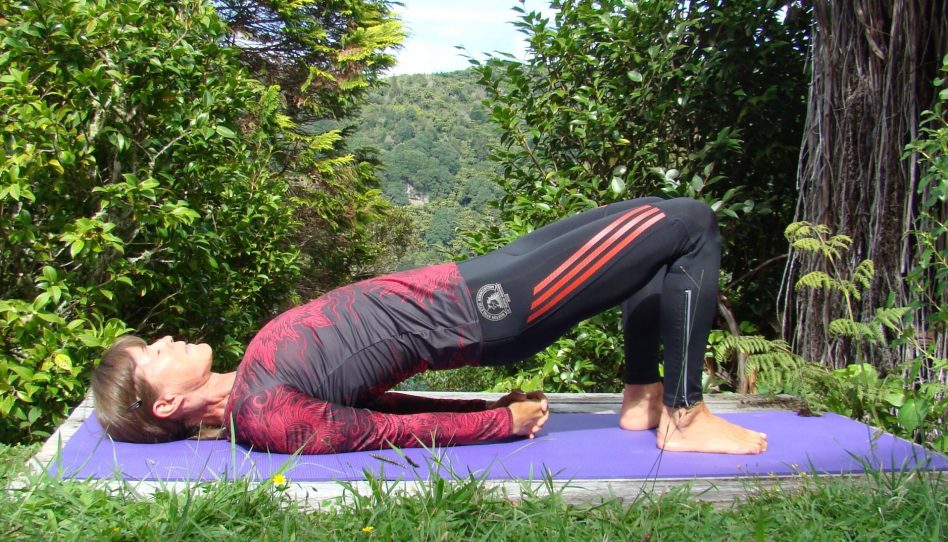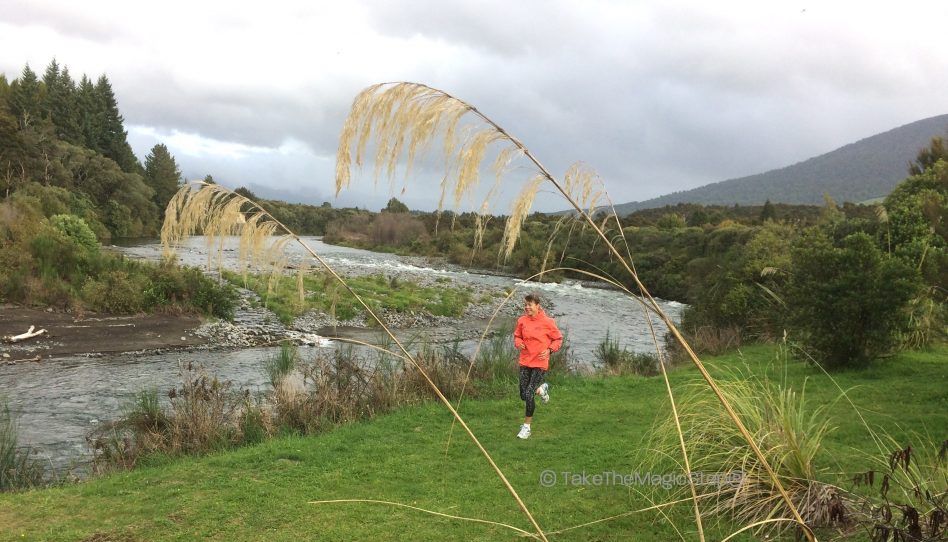Nutrition: A Vital Element of Your Marathon Preparation. Part I — Diet, Breakfast, and Carbohydrates
Dear Friends,
I hope you are making solid progress in your training. Focusing on nutrition is immensely beneficial for your marathon preparation. Good nutrition will not just keep you energized and healthy during the entire training process, it will also optimize your race performance.
I hope the following information (that I have passed on to some of you before) will be helpful in refining your nutritional regime. Please, use it in conjunction with your preparation for any race.
- Details of a proper diet, especially carbohydrates, to help your body transform the incoming calories into muscle glycogen instead of fat by eating small amounts throughout the day and choosing the right products.
- How to start your day with the right breakfast that will help energize you throughout the day.
There also are a few pressing nutrition-related topics — particularly about hydration and your post-exercise nutritional routine. I will include information about both in one of my upcoming messages. For now, though, as you train harder and longer, you will need to pay more attention to hydration—before, during and after training. Proper hydration throughout the day is essential. And please focus on a good post-exercise nutritional routine since it will help to speed up your recovery.
An overall fit and healthy body is important, especially during this challenging time when you have to deal with a heavier training schedule and heightened training conditions. I realize a proper diet is a very personal matter and we all have our weaknesses (mine is cheese cake!). But maybe you can refine your nutritional habits in a way that will help your body to be at peak energy for your training and your running. Now also is the time, until a few weeks before your event, to experiment — though please, do not wait until the marathon. Try out some new things now and see what will work best for you on Race Day and the days leading up to it.
Perhaps you already know some of the information I am about to give you, but I hope this message can still be beneficial, even if it serves just as a reminder.
Choose a diet that generally includes enough water and the right carbohydrates — like those in oatmeal and muesli — and good fats — those with omega-3’s, which are contained in salmon and fish oil products.

It is a good idea to shift your daily caloric intake towards the right carbohydrates in order to feel energetic and to provide your muscles with what they really need at this point. Good products are oats, sweet potatoes, beans and lentils, pastas, low glycemic fruits (like berries, apples, and oranges) accompanied by all kinds of non-starchy vegetables (broccoli, tomatoes, cabbages, lettuces, leeks, and more). The latter provide an important addition to your diet due to their high nutritional value in terms of vitamins, minerals, phytochemicals, and fiber. For more information about the right products, you might check the link to the following article: “Nutrition: Healthier Food Choices.”
I would not recommend highly glycemic starchy foods such as baked potatoes, most supermarket bread varieties, French fries, waffles, or any other foods which contain a lot of calories derived from highly processed carbohydrates in combination with bad fats (other examples are donuts and baked goods, etc.).
If you add more carbohydrates, please choose the right products and consume them in small amounts throughout the day rather than including them in one or two big meals. This way, there is a higher chance of transforming the incoming calories into muscle glycogen instead of fat. This is one of the key elements of successful running—not to mention one of the paths to well-being after a marathon as well.
It might be a surprising thought but at this point I do not see a specific reason for carbo-loading while training. I would rather focus on the right carbohydrates so your diet will support your running.
And there is no doubt about it: the right carbohydrates will help you run many miles — plus you can eat more and indulge yourself a little bit from time to time. Why not? But please be careful. Keep an eye on your weight. If you gain a little weight in spite of running increased miles, cut back on products and foods with highly processed carbohydrates in combination with bad fats.
On the other hand, if you find yourself slipping below your desired weight due to the increased training, please adjust your nutritional plan by focusing on the diet explained here, and adjust your running schedule as well. Do not put off these moves. After a few days, you should feel stronger again, with your weight back to normal. If not, please contact your primary care physician to get help and to check your condition. Again, weight loss while training can be a significant issue so, please, do take it seriously.
I hope you can enjoy a nice breakfast routine and eat something in the morning before your long training runs. You might enjoy oatmeal or muesli. Both are great starters. For additional information which might help you perfect your morning routine, here is a link to an article about breakfast I wrote with my nutritional adviser, Dieter Hogen: “Kick Start Your Day.”
At first, try our breakfast routine before a short run. If it suits you, then try it out before longer runs until you feel comfortable with a nutritional strategy you can use on your marathon day. The information in this article is appropriate not just for right now, while you are immersed in your marathon preparation, but also for the weeks and months after the marathon. For now, though, focus mainly on the choices mentioned in the article like muesli, oatmeal, and whole-grain toast. These foods will give you an enduring energy base for your long runs. If you run very early in the morning, make sure your portions are not too big. For example, you may want to go with a small portion and add a piece of banana.
Many marathons start between 7:00 am and 9:00 am so you may want to eat a good and well-prepared breakfast on the morning of your race. The Boston Marathon starts at 10:00 am, but of course your specific starting time depends on which wave you are assigned. By that time you may have been up for many hours, so make sure you have eaten properly to be well-nourished right from the start. Each person’s needs are different so try various strategies. The time ahead should give you enough possibilities to find out what works best for you before a long run. And you can find nutritional suggestions for the last few hours before your marathon in the article “Two Days before the Marathon.” Click the bookmark “Nutrition” and scroll to paragraph 5: “On race morning, the same rule… .”
As is the case with many things, there can be some dietary exceptions. You may want to enjoy some chocolate. My favorite is dark chocolate with ginger—a delicious treat with tea in the afternoon. Check out the following article: “Chocolate: Should I or Shouldn’t I?”
I am sending my best wishes to all of you, together with my hopes you may enjoy many great training runs on always happy trails…
Stay warm and healthy, and keep running!

Updated January 15, 2014
Posted December 2012
- Posted January 15, 2014
© Copyright 2012-2024 by Uta Pippig. All Rights Reserved.
More Insights

Uta’s Favorite Exercises to Improve Your Fitness and Running Technique
Uta Pippig has designed an at-home fitness program which only uses your own body weight, steps, and a Theraband. They are eight exercises that Uta often does herself.
Uta’s Yoga and Stabilization Guide for a Better Running Technique
Runners, especially, can benefit from a well-balanced yoga and stabilization program. Uta suggests effective combinations of poses and exercises that have helped her gain the flexibility and balance that can lead to a better running technique for everyone.
How a Clever Mental Focus Can Get You Through Running Injuries
Running injuries can be devastating, but learning to focus mentally can speed up the healing process. Uta explains how the forced break from running can actually provide future benefits.